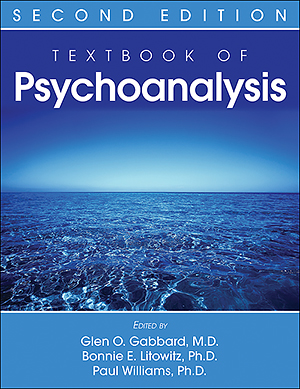Chapter 13.Klein and Bion
Sections
Excerpt
What is called “Kleinian analysis” is based on the clinical work, phenomenology, and psychoanalytic theories of Melanie Klein. Born in Vienna in 1882, Klein was still working clinically and writing up to the time of her death in London in 1960. Klein was the youngest of four children. When Klein was 5 years old her 9-year-old sister Sidonie died. Klein was 18 when her father died, and her idolized brother Emmanuel died in his mid-20s when Klein was 21 and pregnant with her first child. She abandoned her intention to study medicine by becoming engaged at 19 to Arthur Klein, with whom she had three children, Melitta, Hans, and Eric, but she was unhappily married and eventually divorced in Berlin in 1922. She suffered from depression, and this, together with reading Freud in Budapest, led her into analysis with Sandor Ferenczi in 1914, the year of her mother’s death. She became an associate member of the Hungarian Psychoanalytic Society in 1919, reading a paper titled The Development of a Child (Klein 1921). She moved from Budapest to Berlin in 1921 and later to London in 1927, where she became the center of representatives of a new school of thought later to be called the “Kleinians.”
Access content
To read the fulltext, please use one of the options below to sign in or purchase access.- Personal login
- Institutional Login
- Sign in via OpenAthens
- Register for access
-
Please login/register if you wish to pair your device and check access availability.
Not a subscriber?
PsychiatryOnline subscription options offer access to the DSM-5 library, books, journals, CME, and patient resources. This all-in-one virtual library provides psychiatrists and mental health professionals with key resources for diagnosis, treatment, research, and professional development.
Need more help? PsychiatryOnline Customer Service may be reached by emailing [email protected] or by calling 800-368-5777 (in the U.S.) or 703-907-7322 (outside the U.S.).



